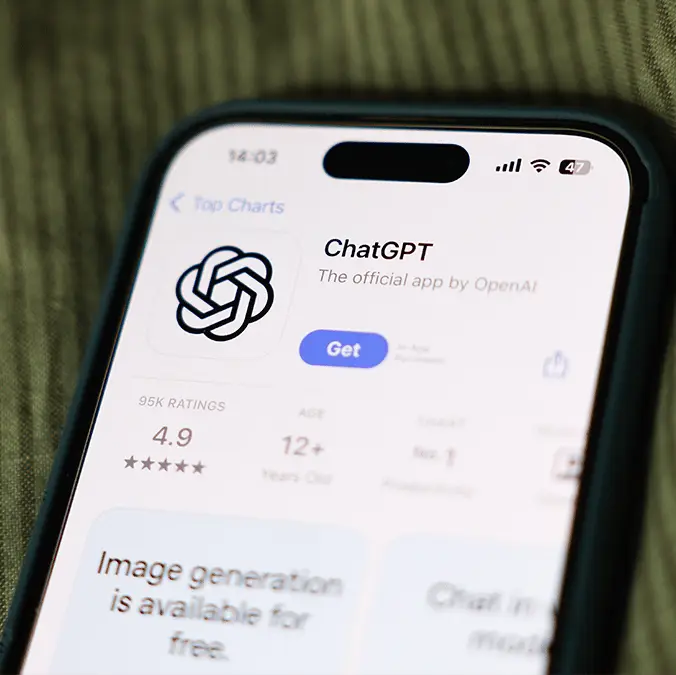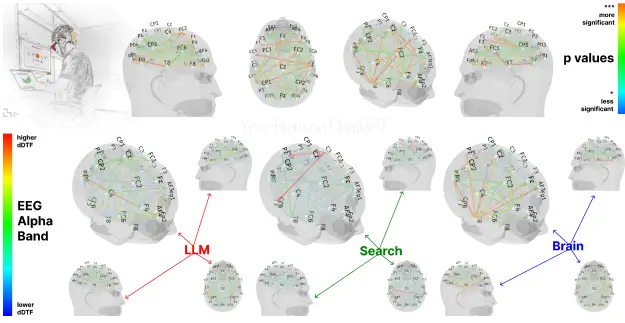
While artificial intelligence has taken over the tech world in a revolution that is often aligned with the invention of the internet, scientific studies have shown that repeated use of popular models like ChatGPT can have damaging effects on your brain.
Increased AI development has been met with scepticism from many across several different angles, but one of the key concerns that many have raised is the increased reliance and dependance that many are exhibiting toward the technology.
Rare and extreme cases can see users people swept up in what the AI begins to feed them, especially if it exhibits sycophantic behavior, leaving them in life-threatening situations, but even general use can prove to be harmful for your health and cognitive funtions.
This has been shown clearly in a new study conducted by scientists at MIT, proving through a series of extended tests that using LLMs and generative AI like ChatGPT enacts a worrying change within your brain.
What does the study say about ChatGPT?
As reported by TIME, the study published in arXiv outlines the difference in cognitive activity between three different groups tasked with writing an essay. The groups themselves included individuals using an LLM like ChatGPT, people using a search engine like Google, and then those using nothing at all in order to complete the task.
Advert
The 54 subjects, aged between 18 and 39, were then analyzed using an EGG to monitor their brain activity across 32 different regions, and the results revealed a fascinating - if not unsurprising - reality.

"EGG analysis presented robust evidence that LLM, Search Engine and Brain-only groups had significantly different neural connectivity patterns, reflecting divergent cognitive strategies," the study outlines.
"The Brain-only group exhibited the strongest, widest-ranging networks, Search Engine group showed intermediate engagement, and LLM assistance elicited the weakest overall coupling."
As expected, those who had no technological support expressed the highest level of brain activity, whereas those using AI models like ChatGPT presented the lowest, scoring particularly poorly in interviews that measured the participants 'ownership' of their essays.
"The LLM group also fell behind in their ability to quote from the essays they wrote just minutes prior," the study outlined, indicating that they showed little to no engagement with what they were 'writing' and had submitted.
How could ChatGPT affect brain development in the future?
One of the more worrying trends outlined in the study is the particularly strong effect ChatGPT usage has on those with developing brains. While results across age groups displayed poor results, the impact on younger children especially in educational environments could be frightening.
"As the educational impact of LLM use only begins to settle with the general population, in this study we demonstrate the pressing matter of a likely decrease in learning skills based on the results of our study," it outlines.

With influential individuals like Bill Gates praising the alleged benefits that AI could prove to have for education - especially in supporting (or perhaps replacing) teachers, this study hopes to act as a warning sign that it might not be all its indicated to be.
That's why it has been released earlier than anticipated, as the paper still needs to be peer reviewed and it only has a relatively small sample size so far. Those behind the research felt that the results were important enough to share as soon as possible in a world where AI development and proliferation is advancing by the day.
